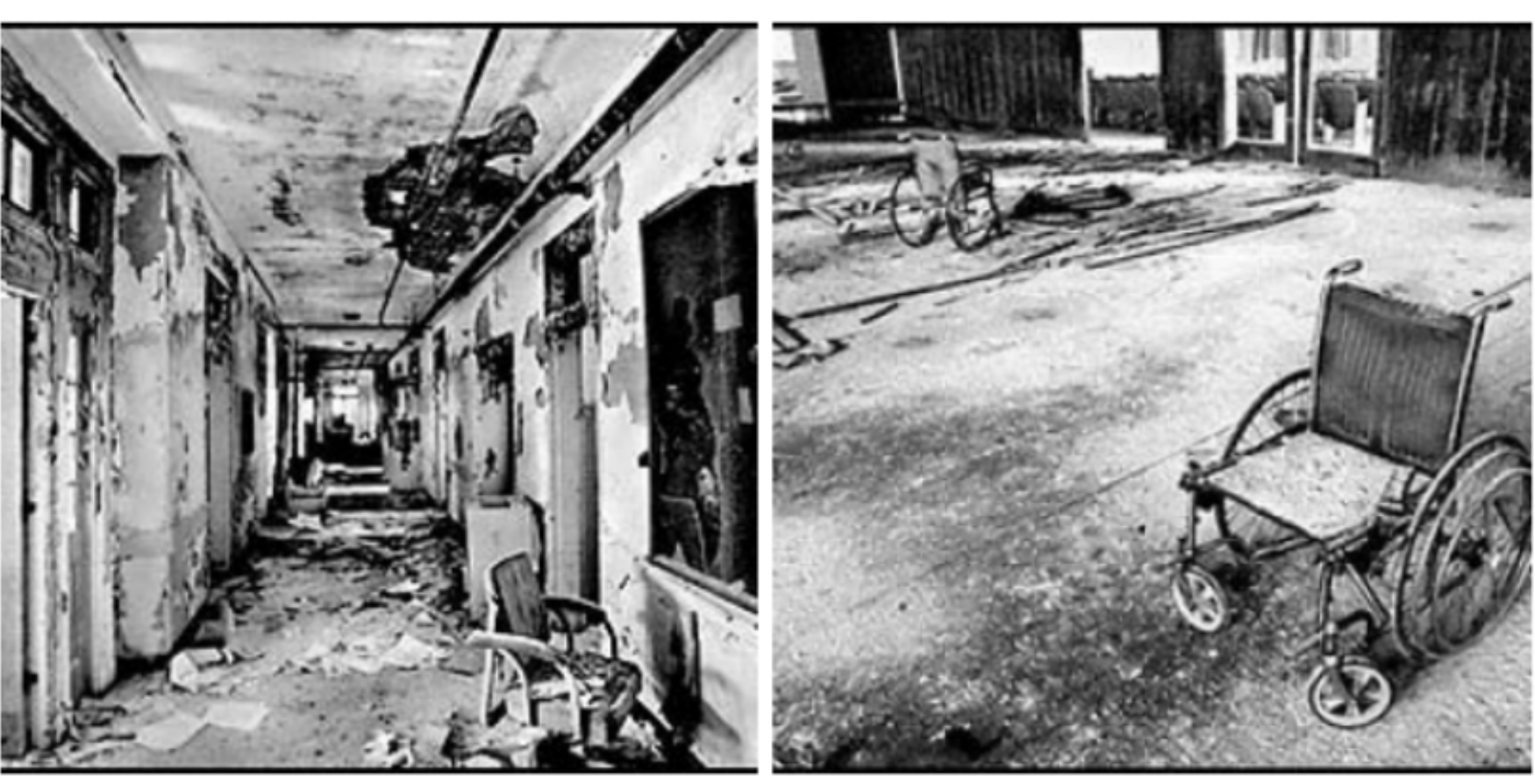This resonant narrative is from a newspaper series on the treatment of the mentally disabled. It garnered a Pulitzer Prize in Public Service journalism for the Washington Post’s Katherine Boo, an investigative writer with an unparalleled documentary style. The writing is an example of superb narrative nonfiction .
From: Forest Haven is Gone but the Agony Remains

By Katherine Boo
Elroy lives here. Tiny, half-blind, mentally retarded, 39-year-old Elroy. To find him, go past the counselor flirting on the phone. Past the broken chairs, the roach-dappled kitchen and the housemates whose neglect in this group home has been chronicled for a decade in the files of city agencies. Head upstairs to Elroy’s single bed.
These days, reconciled to living, Elroy has fashioned ways to cope. He keeps private amulets against a misery he doesn’t fully grasp. There’s the leatherette Bible he can’t read; the Norman Rockwell calendar of family scenes he hasn’t known.”You’re in good hands,” reads the Allstate Insurance poster tacked above his mattress — the mattress where the sexual predator would catch him sleeping. Catch him easily: The door between their rooms had fallen from its hinges. Catch him relentlessly — so relentlessly that Elroy tried to commit suicide by running blindly into a busy Southeast Washington street.
And there’s his strategy of groping his way down to the bare-bulbed basement again and again to wash the sheets from his violated bed, as if Tide could cleanse defilement. “God is a friend of mine,” he says. But absent divine intervention, “you just gotta do what they say.” Just got to add soap powder, and more soap powder, turn the dial to hot. “Gotta not let the worries pluck your nerves.”
Katherine Boo is an investigative journalist and writer, author of Behind the Beautiful Forevers, a study of life in Annawadi, India, heralded as a landmark work of narrative nonfiction. Her reporting from disadvantaged communities has been awarded the Pulitzer Prize, a MacArthur “Genius” grant, and a National Magazine Award for Feature Writing. She divides her time between the United States and India, birthplace of her husband, Sunil Khilnani.


